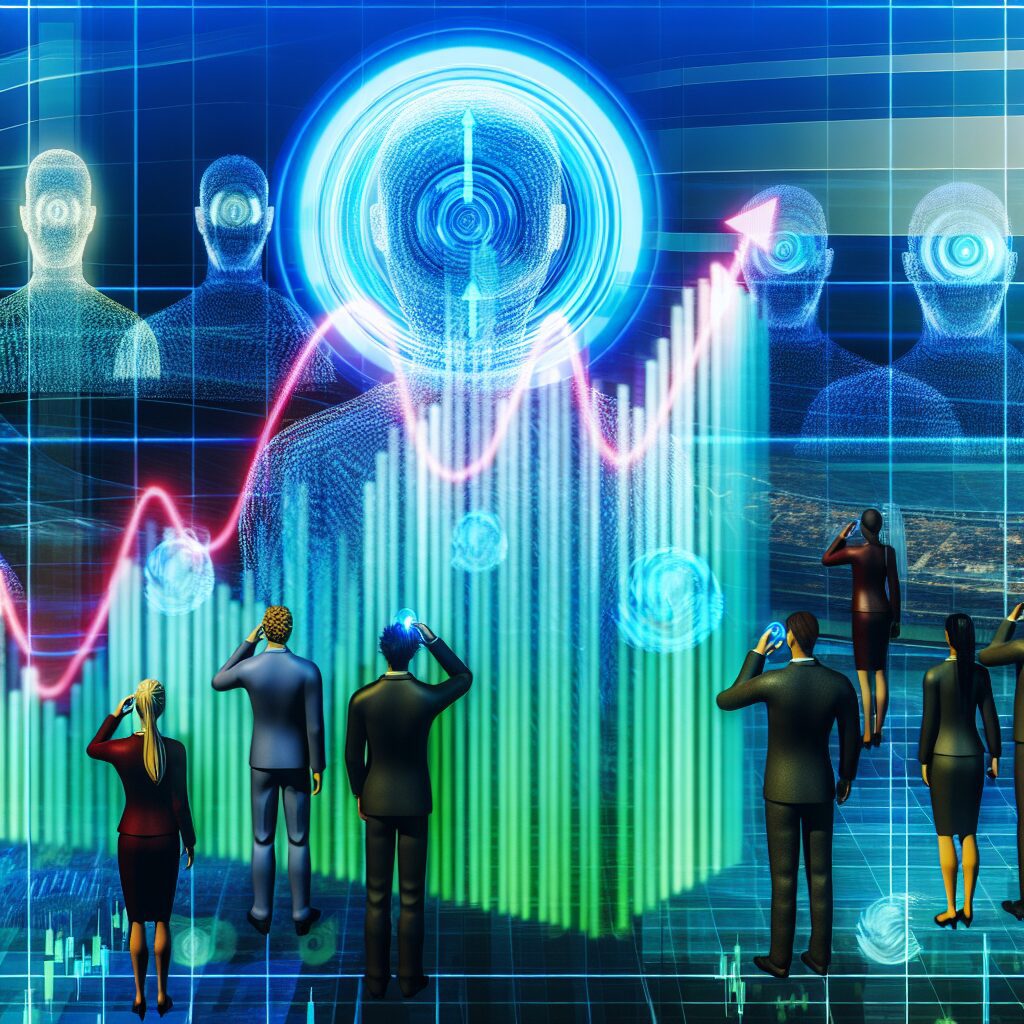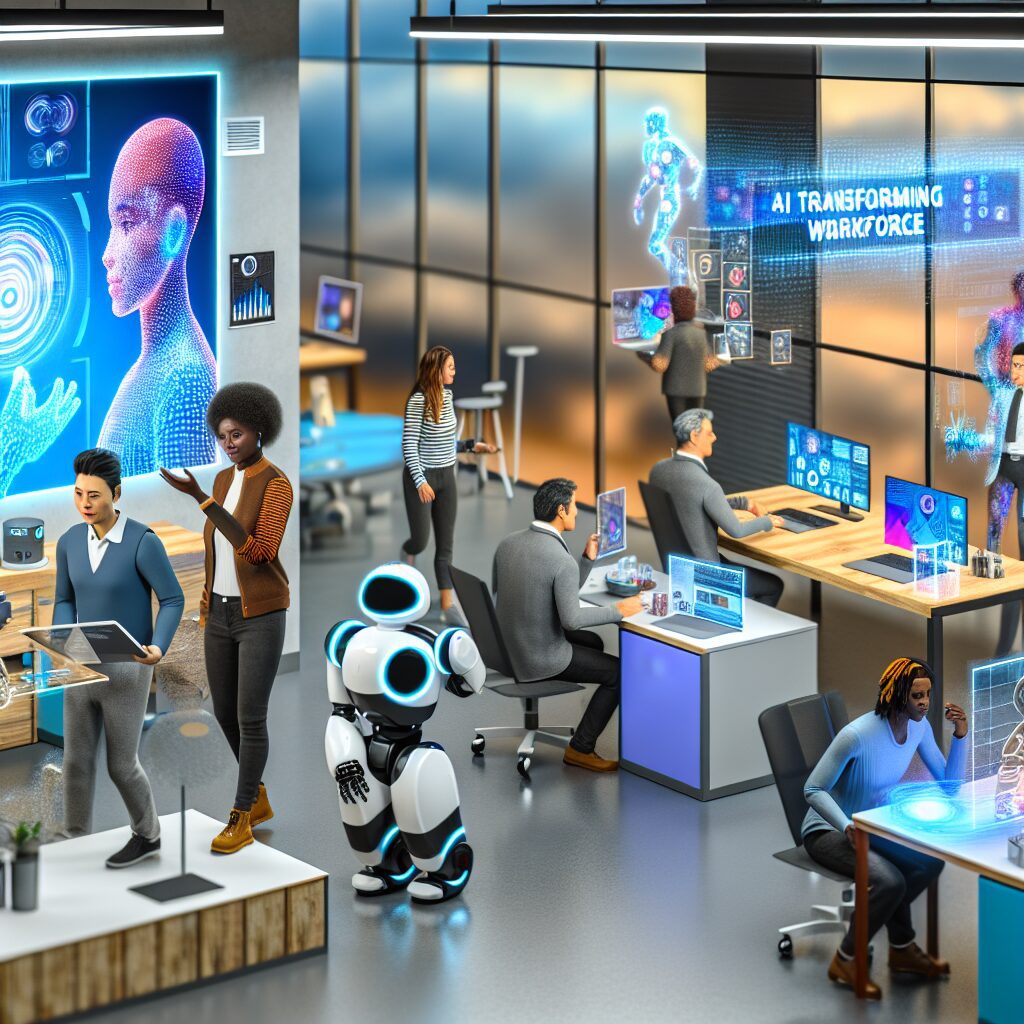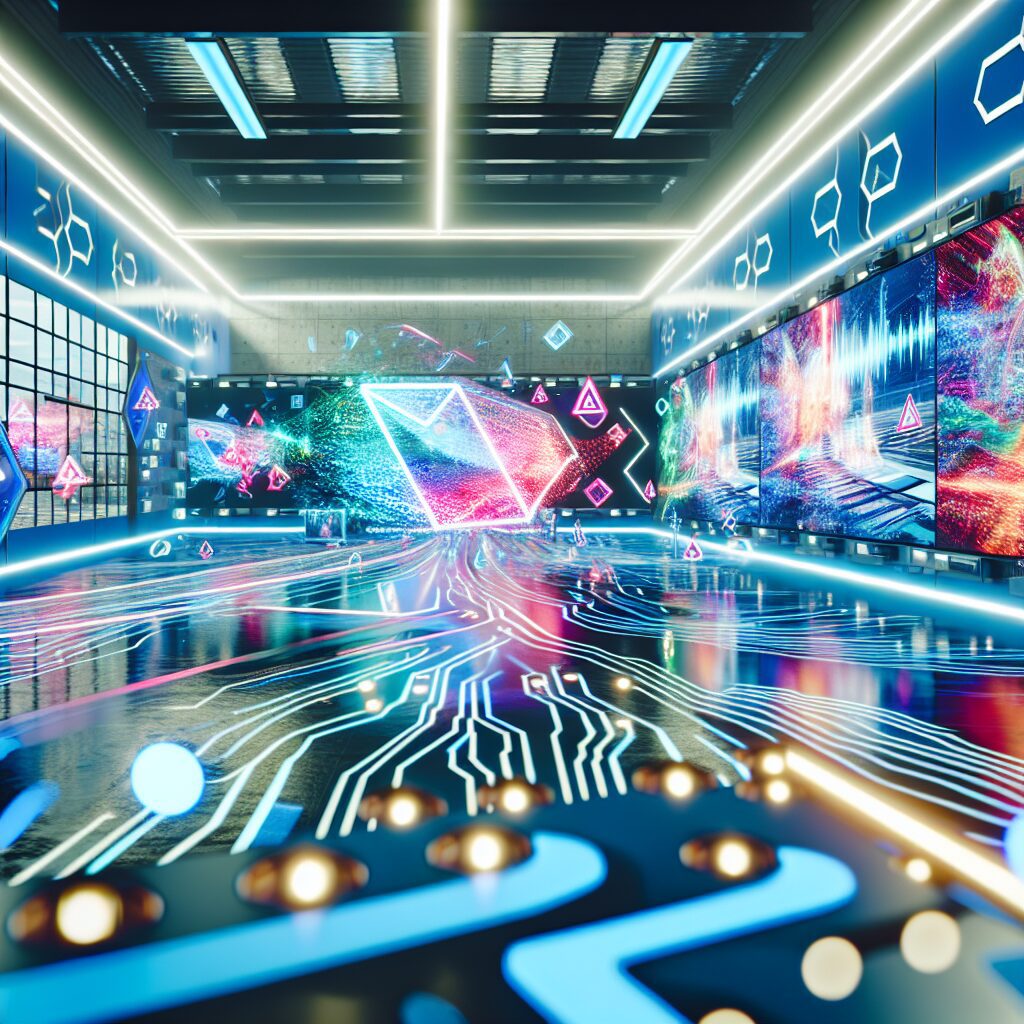
SoundHound AI Stock Rises After Price-Target Increase Analysis
“`html SoundHound AI Stock Rises After Price-Target Increase Analysis In a rapidly evolving technological landscape, Artificial Intelligence (AI) continues to

“`html
The integration of Generative AI into the workplace is not just a distant possibility; it is a rapidly unfolding reality. As this transformative technology continues to evolve, its impact on the workforce is set to be profound. Here are the top 10 trends to watch as generative AI reshapes the job landscape.
Generative AI refers to algorithms that can create new content, whether it be text, images, or audio. This capability is revolutionizing how businesses operate, affecting various sectors from finance to creative industries. Organizations are increasingly adopting generative AI to improve productivity, creativity, and efficiency.
The adoption of generative AI is expanding across diverse sectors:
Businesses are leveraging generative AI to automate routine tasks, which enables employees to focus on more strategic activities. This technology is particularly effective in:
Generative AI is not just about automation; it is also about enhancing human creativity. AI-powered tools are enabling professionals to explore new creative possibilities:
In industries like advertising and media, generative AI is transforming content creation.
Artists and designers are using AI as a collaborator to push the boundaries of creativity:
Generative AI is increasingly being used as a decision-making tool, providing valuable insights that help businesses steer in the right direction.
AI’s ability to analyze large datasets is enhancing predictive capabilities:
Businesses are achieving greater operational efficiency through AI-driven insights:
Despite its benefits, integrating generative AI into workforce practices is not without challenges and ethical concerns:
Ensuring AI models are fair and unbiased is a critical concern. Organizations need to:
The rise of AI has led to concerns about job displacement. To address this issue:
The implementation of generative AI is reshaping the future of work. As businesses continue to adapt, the synergy between AI and human ingenuity holds the promise of unprecedented productivity and creativity. However, it also calls for careful navigation of ethical concerns and strategic planning to harness its potential fully and equitably.
As we look towards the horizon, it is clear that generative AI is not just a technological revolution; it is a paradigm shift. Informed by the top trends highlighted above, organizations can navigate this new era with confidence, paving the way for a more innovative and efficient global workforce.
“`

“`html SoundHound AI Stock Rises After Price-Target Increase Analysis In a rapidly evolving technological landscape, Artificial Intelligence (AI) continues to

“`html Explore Google’s Innovative Generative AI Video Model Now Available In the ever-evolving world of technology, Google has once again